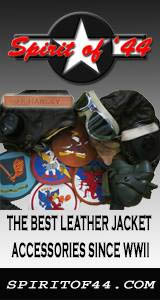The Convair B-58 Hustler was the first operational supersonic jet bomber capable of Mach 2 flight. The aircraft was designed by Convair engineer Robert H. Widmer and developed for the United States Air Force for service in the Strategic Air Command (SAC) during the 1960s. It used a delta wing, which was also employed by Convair fighters such as the F-102, with four General Electric J79 engines in pods under the wing. It carried five nuclear weapons; four on pylons under the wings, and one nuclear weapon and fuel in a combination bomb/fuel pod under the fuselage, rather than in an internal bomb bay.
Replacing the Boeing B-47 Stratojet medium bomber, it was originally intended to fly at high altitudes and supersonic speeds to avoid Soviet fighters. The B-58 received a great deal of notoriety due to its sonic boom, which was often heard by the public as it passed overhead in supersonic flight.
The introduction of highly accurate Soviet surface-to-air missiles forced the B-58 into a low-level penetration role that severely limited its range and strategic value, and it was never employed to deliver conventional bombs. This led to a brief operational career between 1960 and 1970 when the B-58 was succeeded by the smaller, swing-wing FB-111A.
Below is a partial list of airframes that survived military service.






